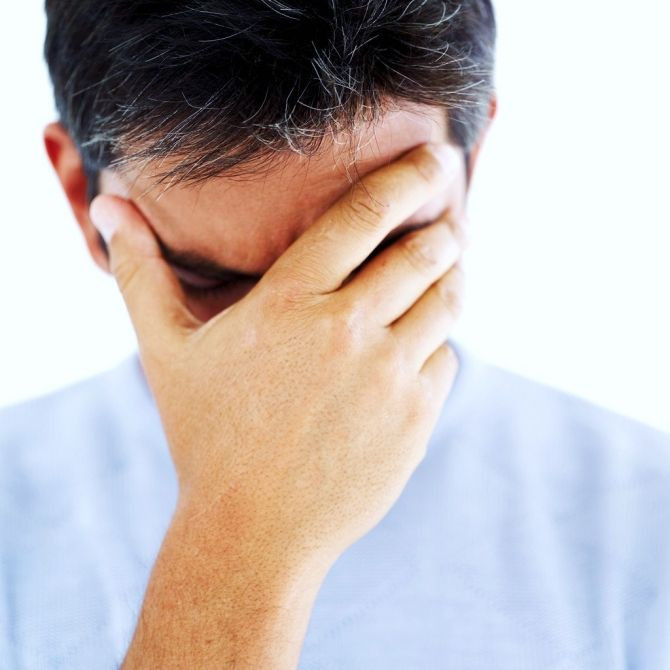Work Burnout Could Put Your Heart At Risk

Americans work some of the longest hours and even later in life than the majority of people in the industrialized world. Combining this excessive work schedule with some of the shortest vacation time in the world, many people become burned out.
Burnout can take the form of mental, physical and emotional exhaustion and can significantly undermine personal relationships and well-being. Previous lines of study have associated workplace burnout with obesity, insomnia and anxiety, all of which end up in a feedback loop to make the situation worse.
Researchers found that people who were in the top 20 percent of the burnout scale had a 79 percent increase of coronary disease. The research findings were more extreme than what were expected and researchers were "alarmed." Because of the high incidence, statistical burnout was a better indicator of heart-related disease than smoking, blood cholesterol levels or physical activity.
During the study, 8,838 people between the ages of 19 and 67 were given checkups and tracked for 3.4 years. The levels of burnout and coronary heart disease were measured at all checkups during the study period.
During follow-ups, there were 93 new cases of CHD and burnout was associated with an increase of 40 percent in CHD risk. What was stunning was that the highest one-fifth of people with burnout had a close to 80 percent increase in CHD.
Researchers don't suggest ways of lowering rates of burnout, but do draw a strong correlation between work-related stress and the risk for heart disease.
The research was published in the journal Psychosomatic Medicine here.
Published by Medicaldaily.com



























